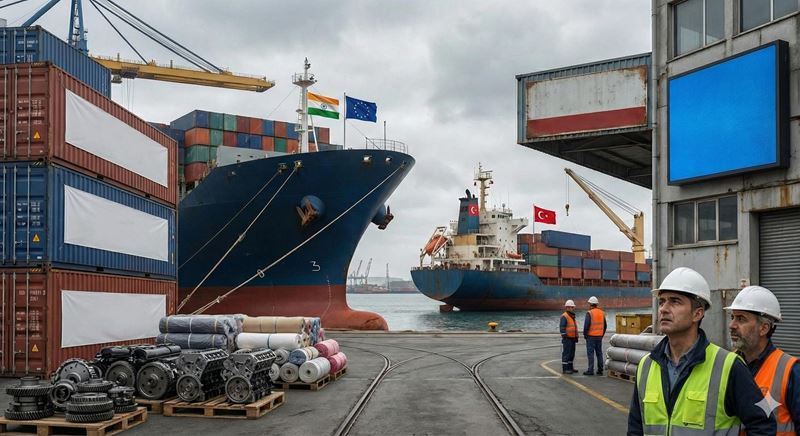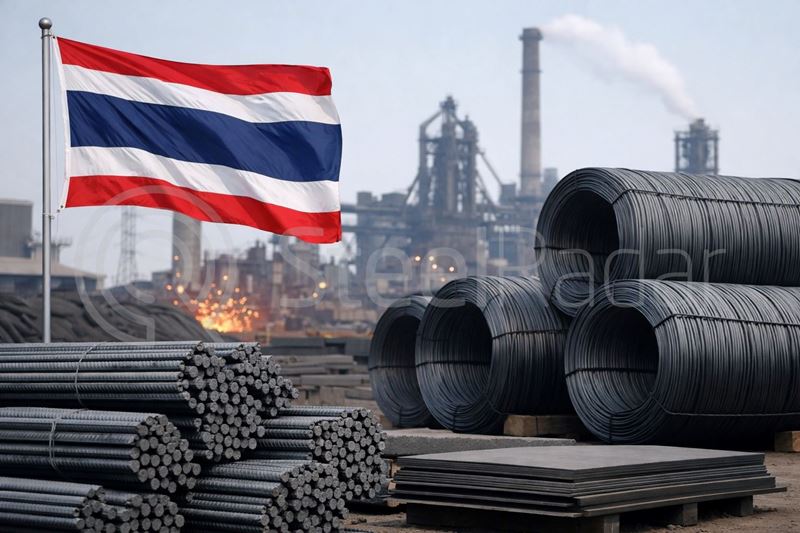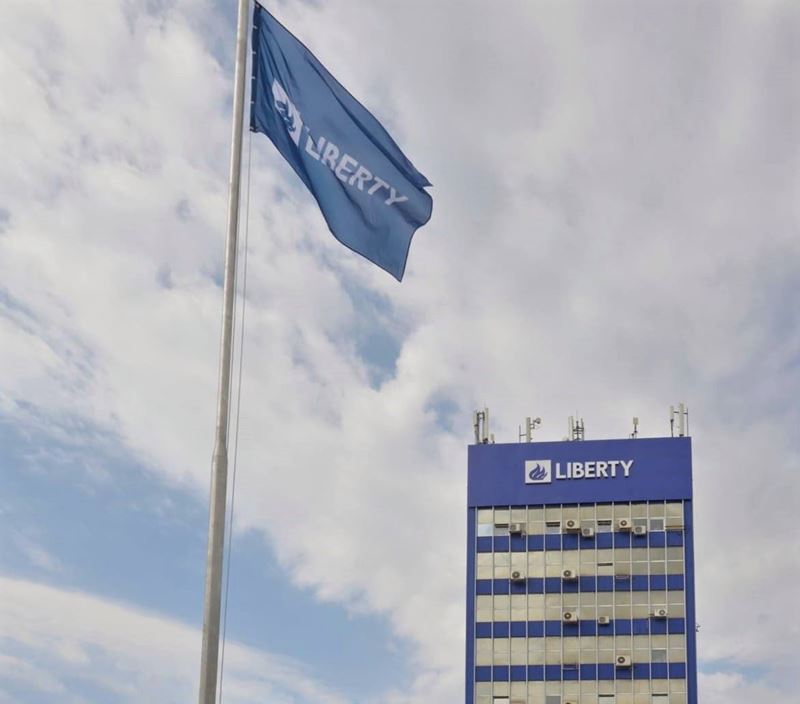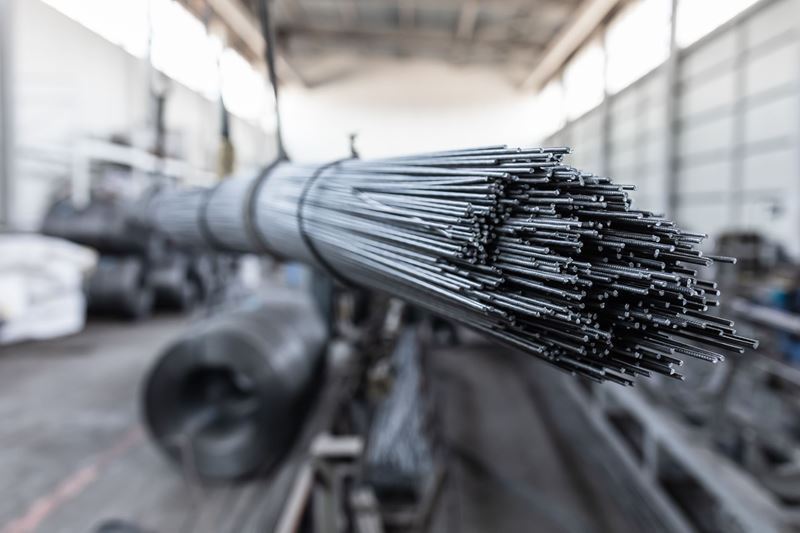In a recent discussion, Keyvan Jafari Tehrani, a senior analyst specializing in global markets, unveiled China's strategic ambition to expand its steel exports to the Middle East. The plan, targeting an impressive 20 million tons by the close of 2025, is projected to rival two-thirds of Iran’s current steel production. This move, he warned, could present a significant challenge to the Iranian steel industry and reshape regional dynamics.
Keyvan Jafari Tehrani, commenting on the global steel market, highlighted the current oversupply situation exacerbated by export pressures from China, Russia, and Türkiye. He noted that the declining demand has been a key factor in stabilizing or reducing steel prices.
He also pointed out that many steel producers in China and Europe are struggling with profitability due to rising production costs and unfavorable market prices. To mitigate financial strain, these companies have announced production cuts for the last month of the year, focusing on domestic consumption and selective exports.
Discussing China's export plans, Keyvan emphasized the potential impact on the Middle Eastern market, particularly in the UAE and Saudi Arabia. The new import standards set by the UAE are expected to further pressure Iranian steelmakers.
Looking ahead, Keyvan predicted that the global steel market would face several challenges, including the Chinese New Year holidays, weak demand, and geopolitical issues such as the Russia-Ukraine conflict and regional tensions. Despite the possibility of increased steel consumption post-conflict, significant price changes are not anticipated in the near term.
In conclusion, Keyvan suggested that the global steel market would likely remain stable or stagnant until at least the end of February 2025. He stressed the importance of strategic export planning and cost management for steel producers to navigate this challenging period.











Comments
No comment yet.